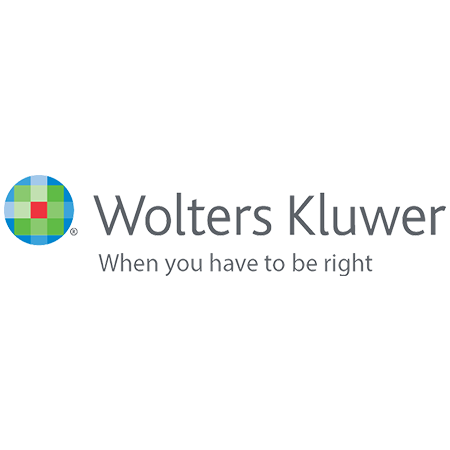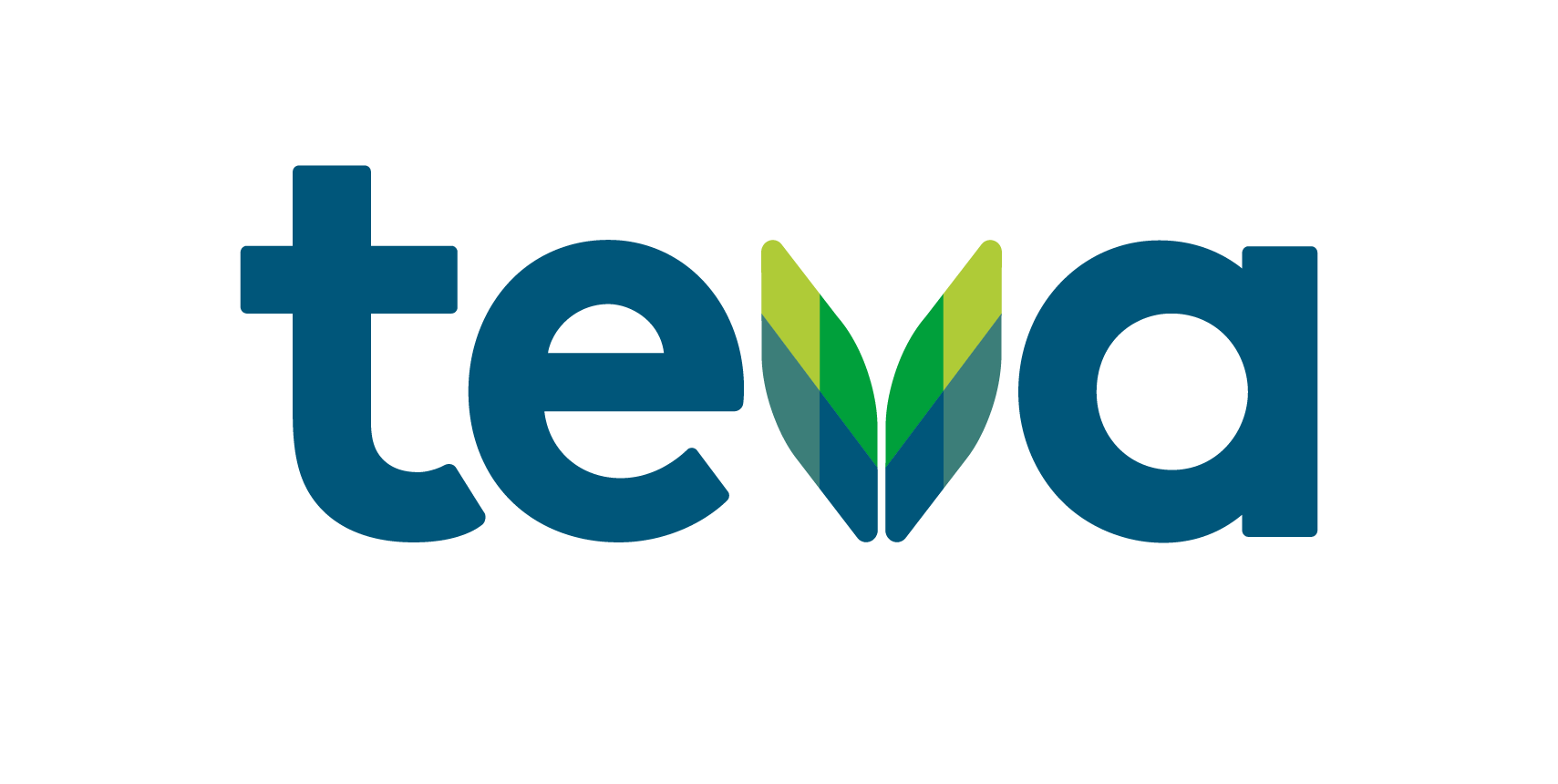The Top Challenges of Data Collection and How to Overcome Them

Data collection is a vital component of any business strategy, providing valuable insights into customer behaviour, market trends, and operational efficiency. However, collecting data is not without its challenges. In this blog post, we will explore the top challenges of data collection and provide solutions to help businesses overcome them.
Challenge #1: Data Quality
The quality of data collected is critical for making accurate business decisions. Poor data quality can lead to incorrect insights and wasted resources. The challenge with data quality is that it can come from a variety of sources, including data entry errors, incomplete data sets, and outdated information. One solution is to invest in data solutions that can automatically clean, enrich, and validate data, ensuring that it is accurate and up-to-date.
Challenge #2: Data Security
Data security is a top concern for businesses that collect and store sensitive data. The challenge with data security is that it requires a multifaceted approach that involves protecting data at every stage of its lifecycle, from collection to storage to disposal. One solution is to invest in robust data security solutions that use encryption, access controls, and other advanced techniques to protect data from unauthorized access.
Challenge #3: Data Privacy
Data privacy is another major concern for businesses that collect and store customer data. With the rise of data breaches and cyber attacks, customers are increasingly concerned about how their data is being used and who has access to it. One solution is to implement data privacy policies that are transparent and compliant with regulations such as GDPR and CCPA. Businesses can also invest in data solutions that anonymize and protect sensitive customer information.
Challenge #4: Data Volume
The sheer volume of data generated by businesses can be overwhelming, making it difficult to extract meaningful insights. The challenge with data volume is that it requires a scalable and flexible data collection infrastructure that can handle large amounts of data. One solution is to invest in cloud-based data solutions that provide on-demand scalability and can handle large volumes of data.
Challenge #5: Data Integration
Data integration is the process of combining data from multiple sources to create a complete picture of a business’s operations. The challenge with data integration is that it requires a unified data architecture that can bring together data from a variety of sources, including internal systems, third-party applications, and external data sources. One solution is to invest in data integration solutions that can seamlessly connect and transform data across multiple platforms and applications.
Challenge #6: Data Analysis
Once data is collected, it must be analyzed to extract meaningful insights that can inform business decisions. The challenge with data analysis is that it requires advanced data analytics skills and tools, such as machine learning algorithms and data visualization software. One solution is to invest in data analysis solutions that can automate the analysis process and provide real-time insights into business operations.
Challenge #7: Data Governance
Data governance refers to the policies and procedures that govern how data is collected, stored, and used within an organization. The challenge with data governance is that it requires a comprehensive approach that includes data management, data quality, and data security. One solution is to invest in data governance solutions that can provide a unified view of data across the organization, ensuring that data is used in a consistent and compliant manner.
Conclusion
In conclusion, data collection is a critical part of any business strategy, but it comes with its challenges. To overcome these challenges, businesses must invest in data solutions that can ensure data quality, security, and privacy, handle large volumes of data, integrate data from multiple sources, automate data analysis, and provide comprehensive data governance. By addressing these challenges head-on, businesses can collect and use data to drive growth, efficiency, and success.













